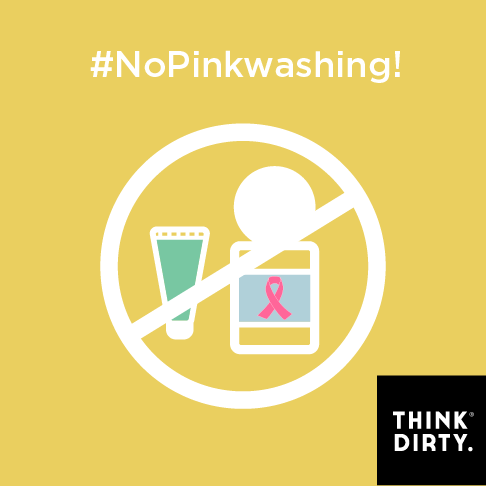
Pinktober is like Movember, except we ladies have been hypnotized by the sea of pinkness for much longer. Today kicks off the beginning of Breast Cancer Awareness Month, a cause we hold near to our heart. As consumers, our exposure to breast cancer awareness this month will grow exponentially because of advertisements and products featuring the pink ribbon – a sign of solidarity for breast cancer survivors. If you are interested to know more the original “pink” ribbon, it was actually peach-coloured by Charlotte Haley.
At first glance, the pink idea seems super cute and fab. You get to buy limited edition pink versions of your favourite items (such as shoes, alcohol, and chocolate) and donate to a great cause at the same time!
But not so fast. As you start seeing perfumes, toilet paper, even handguns sold in the name of breast cancer awareness, you know something might be up. Is this a marketing campaign for companies to increase their sales, or are they actually trying to help of breast cancer patients? (See our Pinktober Pinterest for the full specimens of pinkness.)
In fact, something is up, and its name is pinkwashing – the act of using breast cancer awareness to help sell products… when some products may contain possible carcinogens in the first place. Not so fab now.
At Think Dirty, we take our commitment to organic and healthy living seriously. Companies that use marketing to increase their own sales in the name of breast cancer awareness, instead of in cancer prevention, truly concern us. The documentary Pink Ribbons Inc. bookoutlines these topics in more detail. Through researching pinkwashing, we learned that Yoplait Yogurt used a pink ribbon on their products to support breast cancer awareness when their yogurt actually contained the cancer-linked synthetic growth hormone, rBGH. Research suggests that rGBH is associated with a number of health concerns, including breast cancer, through the consumption of dairy products from cows treated with the hormone.
Before you indulge on another pink ribbon themed lipstick, consider some well-known makeup brands such as Estée Lauder, the creator of the Pink Ribbon. As they sell pink-themed lipsticks for breast cancer research, which might contains questionable ingredients such as PEG and Fragrances. Plus, as part of a coalition of with other manufacturers, they had opposed a California bill that requires makeup companies to reveal possible ingredients linked to cancer or birth defects.
Even Susan G. Komen for the Cure, a non-profit organization that serves to fund breast cancer research, sold Promise Me perfume to increase research funds - to help find a cure for breast cancer. As most savvy Dirty Thinkers might already know, synthetic fragrance contains phthalates, an ingredient in the Promise Me perfume that could potentially cause cancer. Want to support an organization that works in the heart of cancer prevention instead? Donate to Breast Cancer Fund.
The list of pinkwashing offenders goes on and on. Now that you know what pinkwashing is, check back to our blog next week to see a full list of household pinkwashing offenders.
Any last comments or questions? Message us on Facebook and Twitter - we’d love to hear your thoughts on this hot topic!
In the meantime, be mindful of which pink-ribboned products you’re buying in the month of October by scanning them with the Think Dirty app first. If you come across a pinkwashing offender, please submit it to us and we would love to look up the ingredients for you and our users. Remember to @thinkdirty, #shopclean!